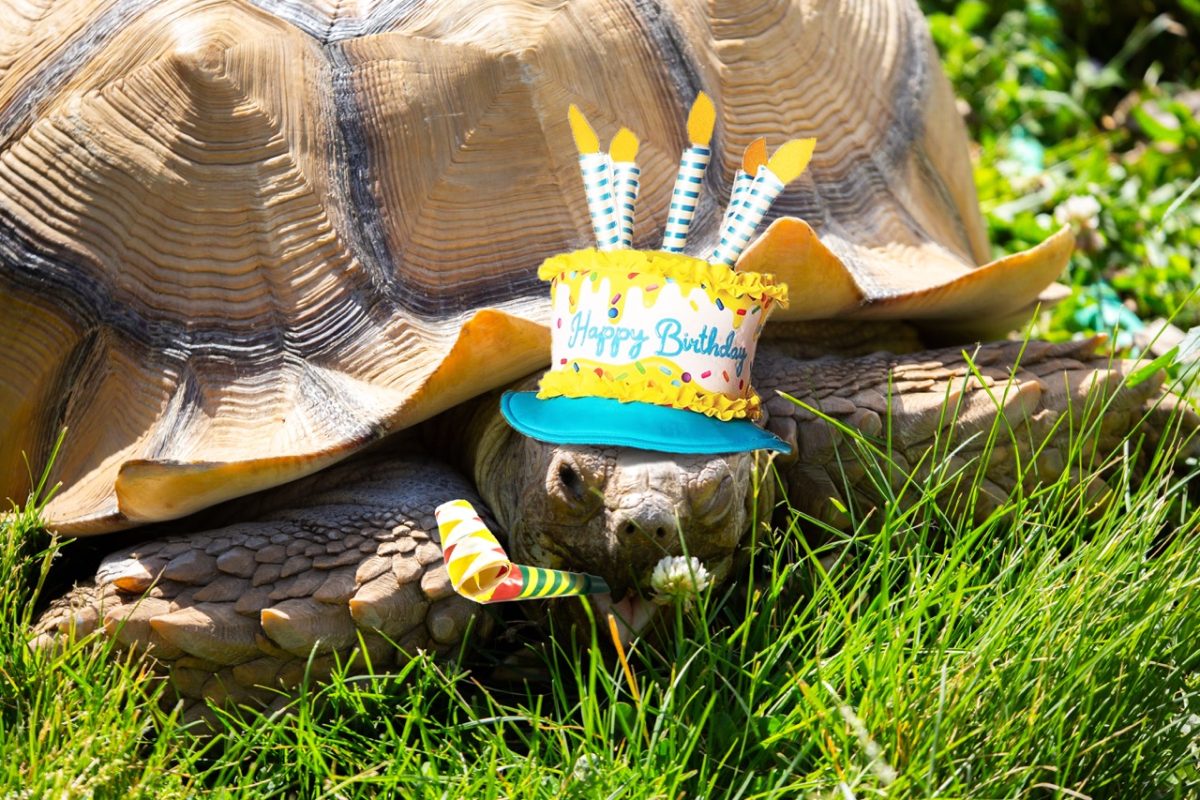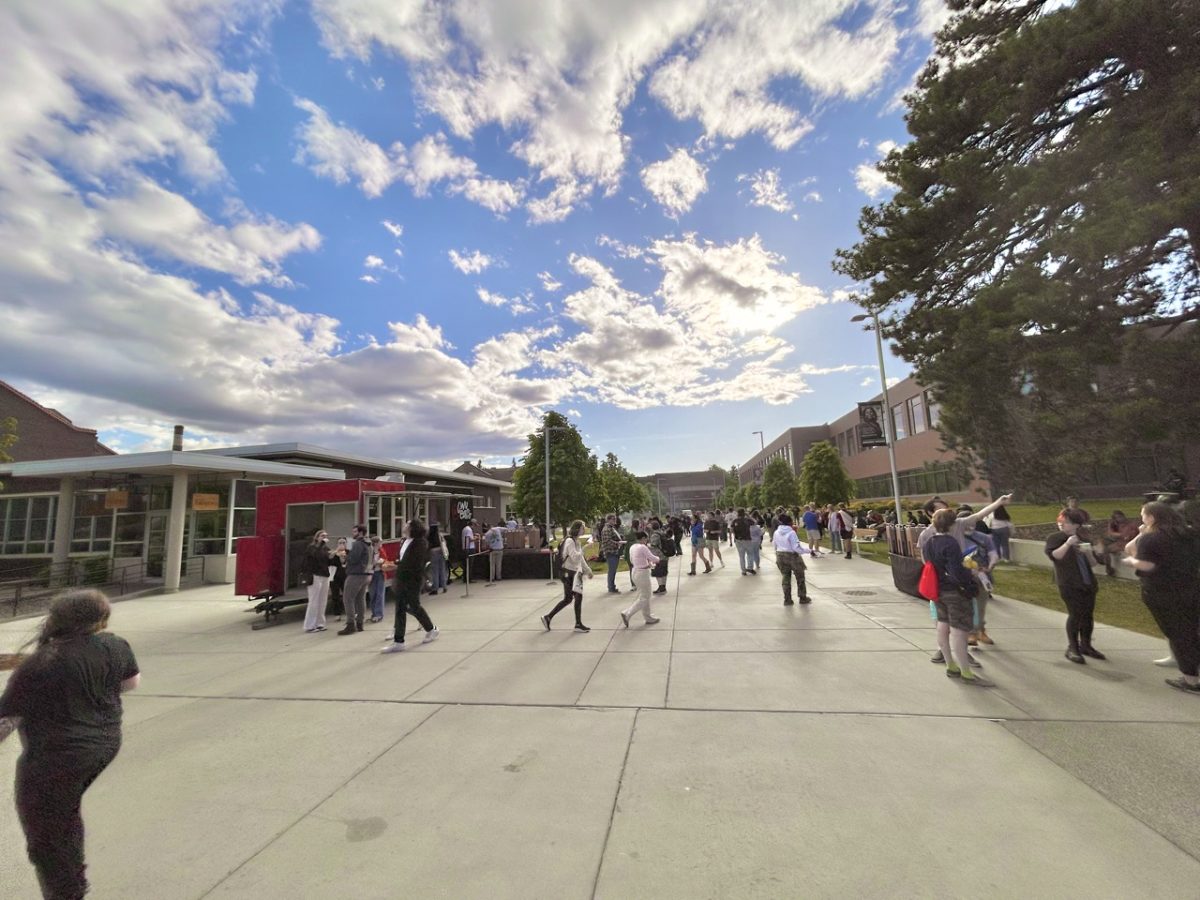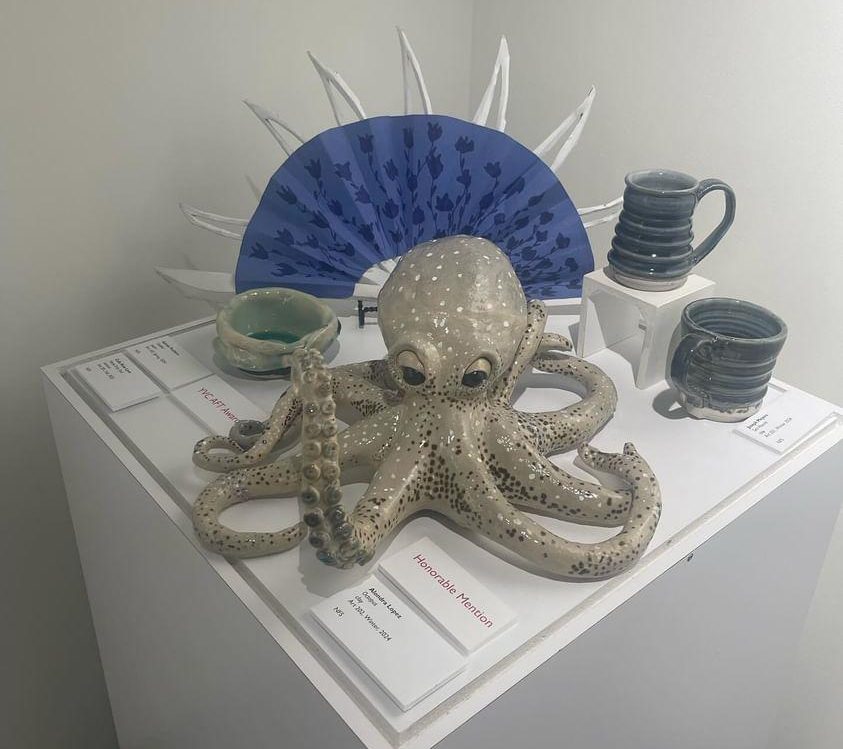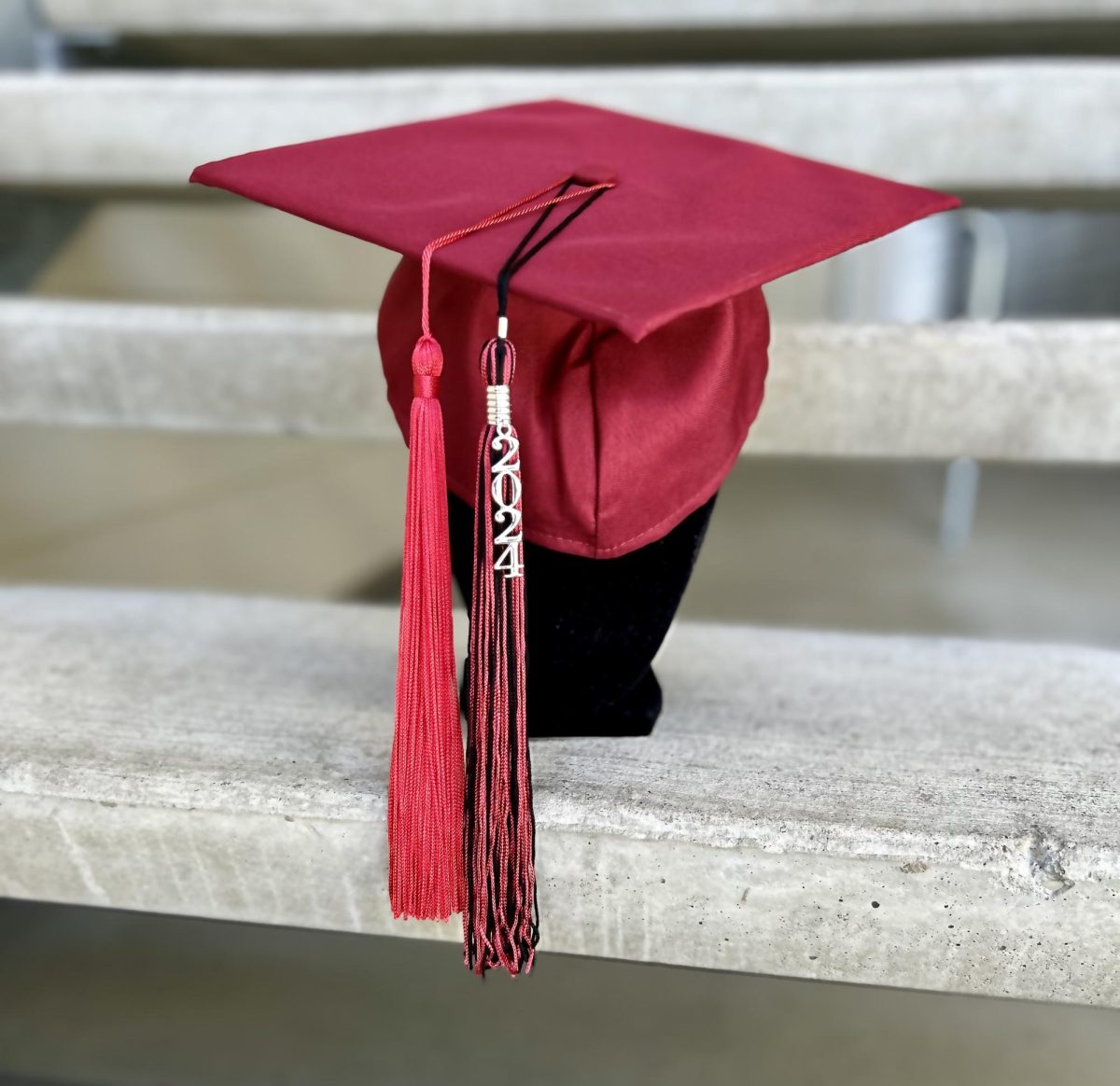Archival silence is a phenomenon among historians in which documentation is distorted, either unintentionally or intentionally, resulting in confusion about a historical event, person or place. A prime example of archival silence on the CWU campus is that of the relationship between Amanda Hebeler and Sarah Spurgeon.
Hebeler and Spurgeon were two successful women at CWU in the early 1900s. Hebeler worked in early childhood development, and helped to establish the Edison building, which is now honorarily known as Hebeler Hall. Hebeler was an active member of the Ellensburg community, both on and off campus. Hebeler was also a golfer, often winning against whoever she played.

Spurgeon was a professor in the art and design department at CWU, primarily focusing on art and art education. She was an accomplished painter, and some of her works are still on display on campus including a series of painted tiles in Hebeler Hall. Spurgeon was also immortalized at CWU with the Sarah Spurgeon Gallery, located in Randall Hall. Both of these women were beloved by their students and loved to travel.
What is often omitted about the history of these women is that they were domestic partners. They were never married, and lived together in a house on 9th Ave. At the end of an article in The Daily Record written about Hebeler’s retirement from CWU, she mentions what she’s looking forward to about retirement. Hebeler said “No eight o’clock classes, either, and plenty of time for reading and leisurely living and sharing my time with Sarah.” Not only this, but in Hebeler’s will, she left the house they shared, and everything in it, to Spurgeon.
Hebeler and Spurgeon did not seem to be ashamed of their relationship either. Dr. Hope Amason, museum director for the Museum of Culture and Environment in Dean Hall, said she met with a community member who was a friend of Hebeler and Spurgeon’s. The community member knew of the nature of their relationship, and said very plainly; “Well, Sarah and Amanda were partners.”
If Hebeler and Spurgeon were open about their relationship in the early to mid 1900s, why is it still a whisper among the community? Dr. Amason said historians often wait to confirm or deny something unless there’s definitive evidence. History is based entirely around the stories we tell through records. However, with the relationship between Hebeler and Spurgeon, there are no “records” of their relationship because there was no marriage certificate. Some historians also have moral qualms with outing historical figures due to the lack of verifiable evidence.
Regarding the outing of historical figures, Dr. Amason said “There was something that one of our students said that just got me. And that was ‘Well, you’re presuming that they were ashamed.’” With the amount of evidence we have of their relationship, it’s wrong to assume that Hebeler and Spurgeon were ashamed.
Whether the secrecy behind the relationship between Hebeler and Spurgeon came from good intentions or not, it’s difficult to deny the two were open to those closest to them.
Archival silence is often part of conversation about historical figures, and their speculated sexuality. Historians viewing queer relationships through their own heterosexual lens can often misconstrue the gravity of said relationship, and claim it was purely platonic. Combating distortions similar to these becomes possible when there is a broader range of diverse perspectives examining history.






Jane Orleman • Jan 30, 2024 at 2:13 pm
Did you actually go to the archives?
Jane Orleman • Jan 30, 2024 at 1:59 pm
We don’t say it because it is none of our business.
Hope Amason • Jan 30, 2024 at 1:47 pm
Thanks for this article!
I just want to say that, when the CWU Museum of Culture & Environment worked with curator/graduate student Tiernan VanSuetendael to develop an exhibit on the Queer history of Kittitas County, the CWU Archives & Special Collections were incredibly helpful! Nearly all of the resources used for this exhibit were drawn from CWU Archives and Special Collections.
As archivists make more and more primary sources available, they help us create a more inclusive and complete understanding of the past.